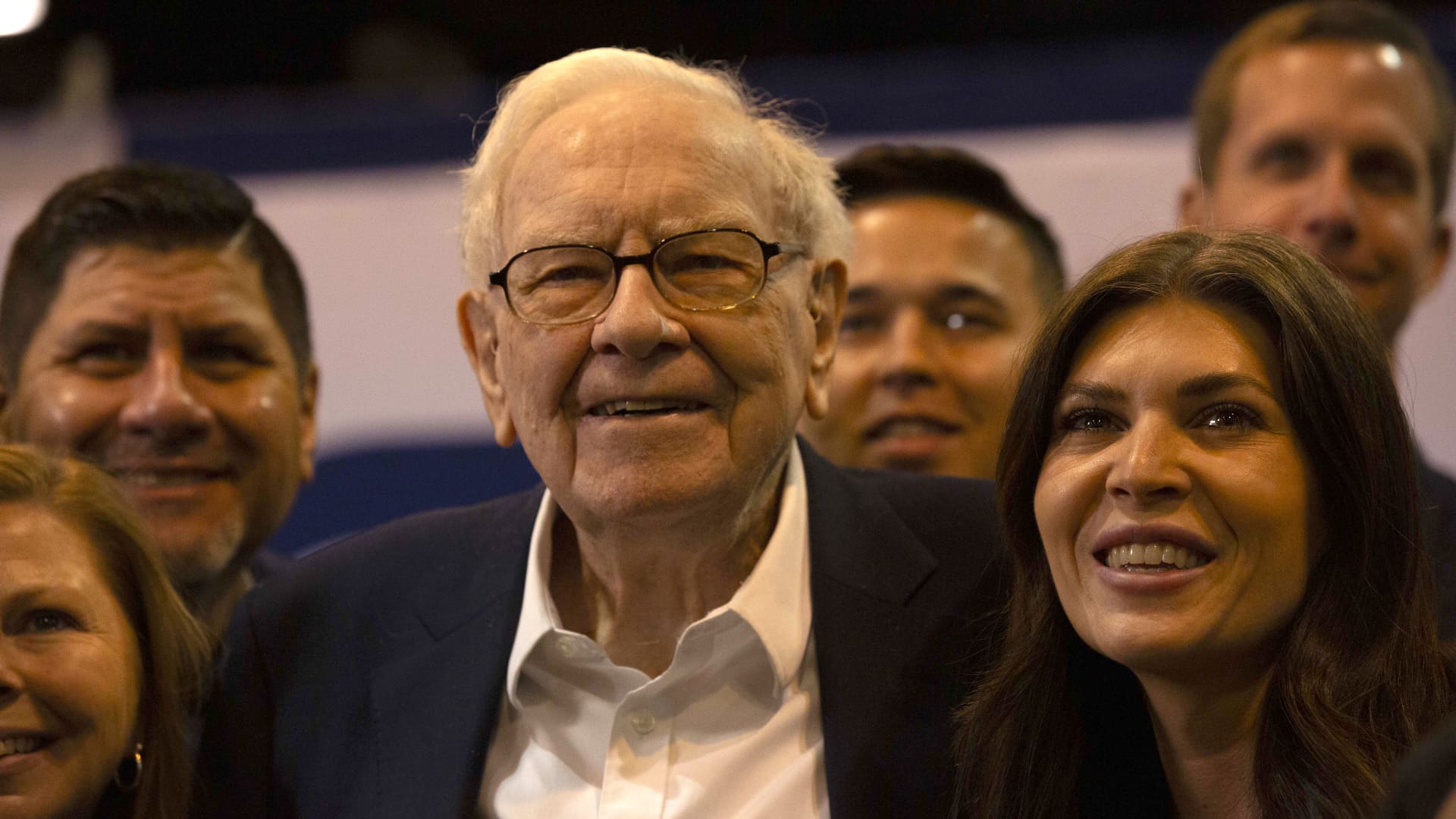Tariffs thaw, rivalry simmers: U.S.–China trade truce enters uneasy phase


Chinese President Xi Jinping meets with U.S. President Donald Trump in Busan, South Korea, Oct. 30, 2025. (Photo by Huang Jingwen/Xinhua via Getty Images)
Huang Jingwen | Xinhua News Agency | Getty Images
Even as a U.S.–China trade truce appears to be holding, analysts caution that the détente remains fragile in a rivalry increasingly defined by strategic competition.
A flurry of decisions, outlined in the sweeping trade deal struck by U.S. President Donald Trump with Chinese leader Xi Jinping last month, took effect on Monday, with rollbacks of steep tariffs and export controls.
The U.S. halved fentanyl-linked tariffs on imports from China to 10% and extended for a year a truce that lowered the reciprocal tariff rate from 34% to 10%.
In return, China’s Ministry of Commerce rolled back several export restrictions on critical minerals and rare earth materials to the U.S. on Monday. Those curbs, first imposed on Oct. 9, had targeted materials vital for military hardware, semiconductors, and other high-tech industries.
Beijing also reversed retaliatory limits on exports of gallium, germanium, antimony, and other so-called super-hard materials such as synthetic diamonds and boron nitrides. Those measures, introduced in December 2024, were widely seen as a response to Washington’s expanded semiconductor export restrictions on China.
Still, Morgan Stanley economists said that Beijing has not unwound the export-control framework it introduced in April – likely to maintain a “calibrated choke-point” meant to preserve leverage.
Given the persisting strategic rivalry, “we view rolling negotiations, episodic flare-ups, and policy asymmetry as the new equilibrium,” the economists said.
China is also reportedly developing a so-called “validated end-user” system, or VEU, to block rare earth exports to companies with ties to the U.S. military, the Wall Street Journal reported Tuesday, citing unnamed sources.
The system, if strictly implemented, could make it more difficult for automotive and aerospace companies with both civilian and defense clients to import certain Chinese materials, the Journal reported.
Trade thaw
Beijing on Monday added 13 fentanyl precursors to its export control list, requiring a license for shipments to the U.S., Mexico, and Canada.
The Ministry of Commerce also suspended sanctions against five U.S.-linked subsidiaries of South Korea’s shipbuilder Hanwha Ocean for a year, while the Ministry of Transport paused measures targeting the U.S. shipping sector, including port fees. The U.S. Trade Representative said Sunday it would suspend its own measures for one year.
As part of the bilateral agreement, the White House said China agreed to purchase 12 million metric tons of soybeans by the end of this year and 25 million annually over the next three years. Beijing, which has not confirmed those numbers, appeared to have resumed soybean purchases from the U.S. recently, according to Reuters, after shunning them for most parts of this year.
“These steps suggest ‘so far, so good,’ but in reality, this is just the beginning,” said Wendy Cutler, senior vice president at Asia Society Policy Institute. While there were incentives for both sides to keep the truce in place, such “de-escalatory moves tend to be short-lived,” she added.
China’s economy, weighed down by the prolonged trade war with Washington, grew 4.8% in the third quarter — its slowest in a year and down from 5.2% in the second quarter.
In a notice Monday, China’s State Council announced 13 measures to promote private investment in several major state-dominated industries.
China’s push for self-reliance amid “fierce international competition” at last month’s top economic plenum was a sign that the leadership is linking growth goals more closely to strategic competition with the U.S., said Neil Thomas, a fellow on Chinese politics at the Asia Society.
“Beijing is not chasing a grand bargain [but] seeking a truce to buy time and build leverage,” Thomas added. He added that while Washington and Beijing both prioritize self-reliance over interdependence, Xi is betting that his strategic resolve will outlast Trump’s.










